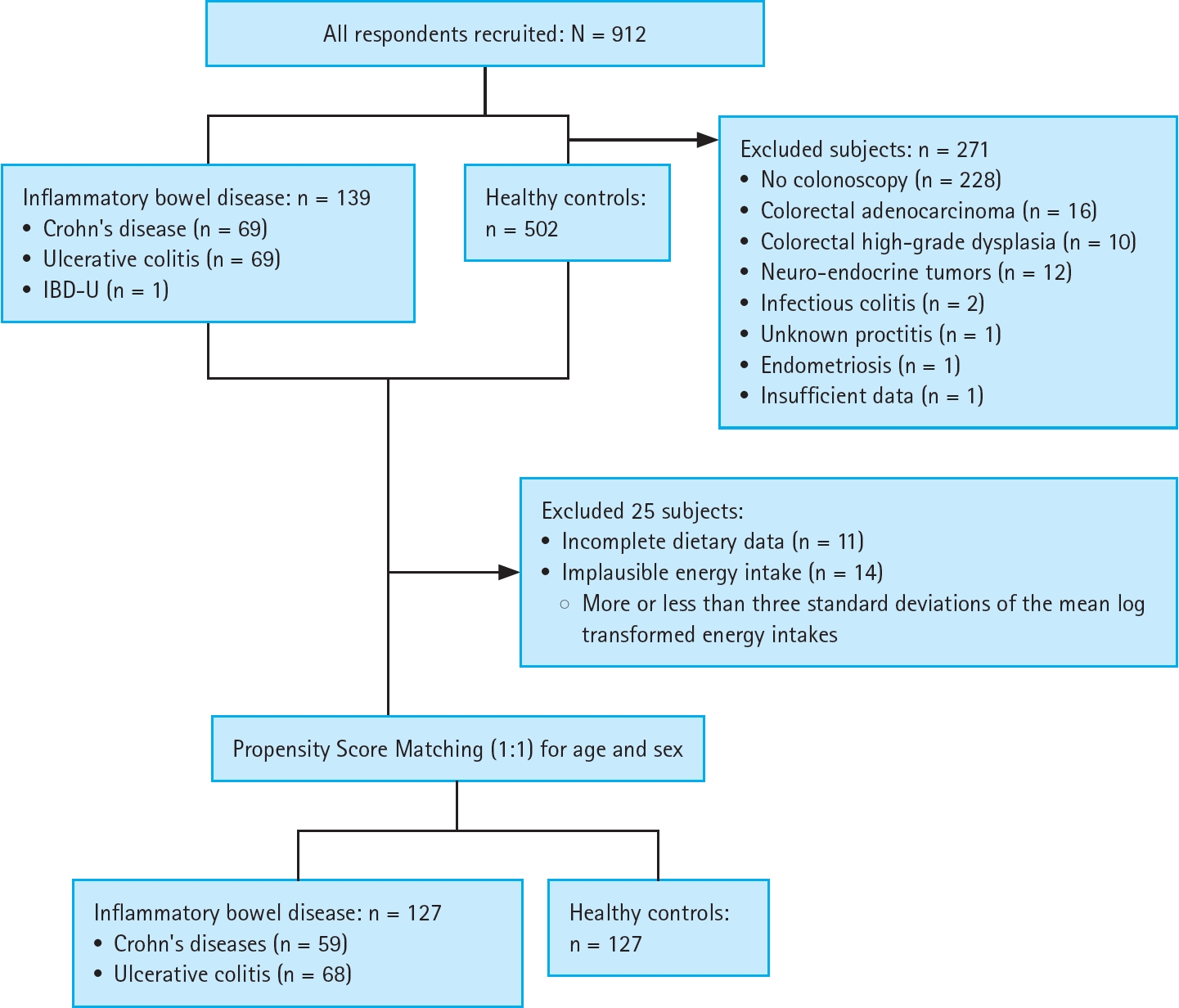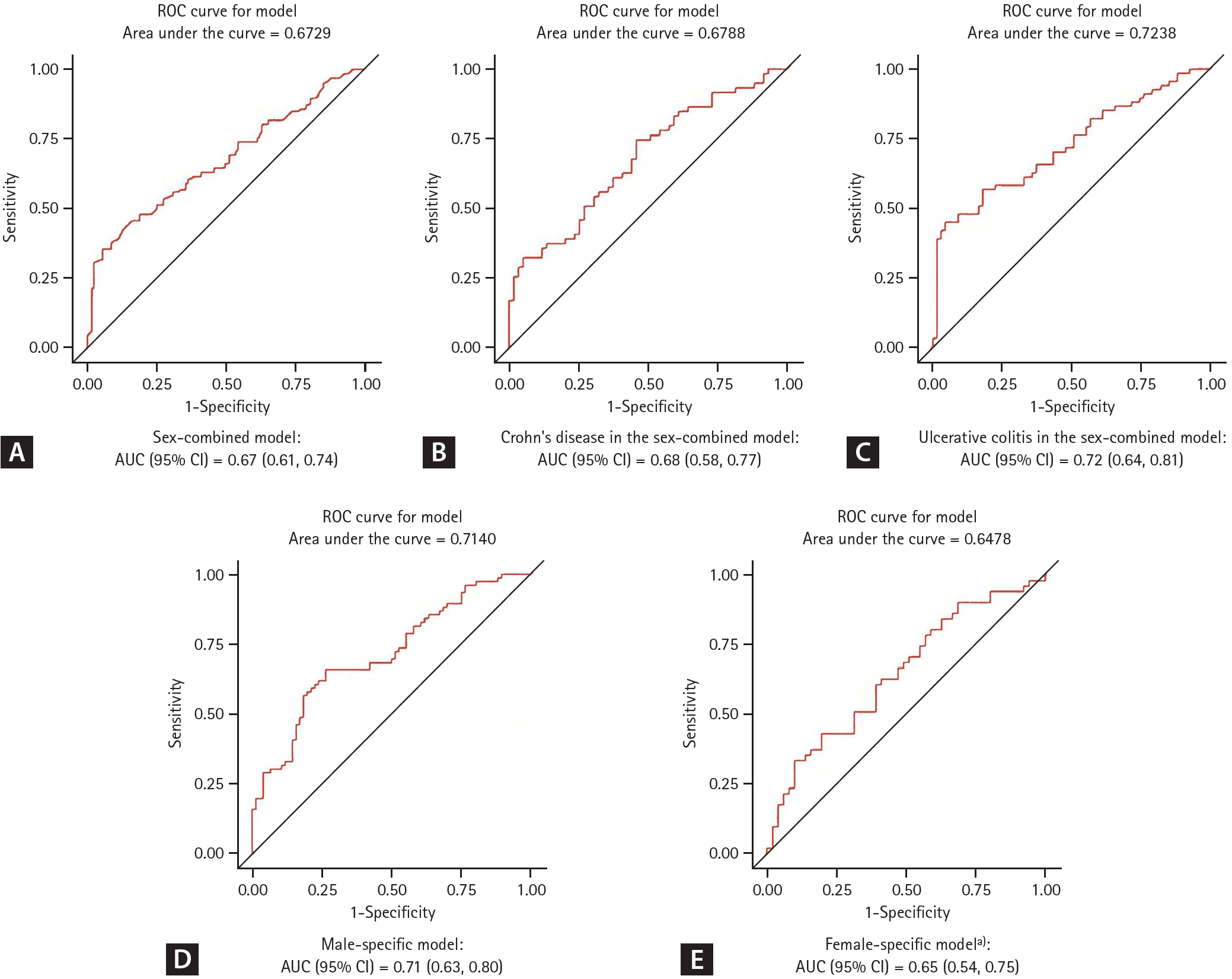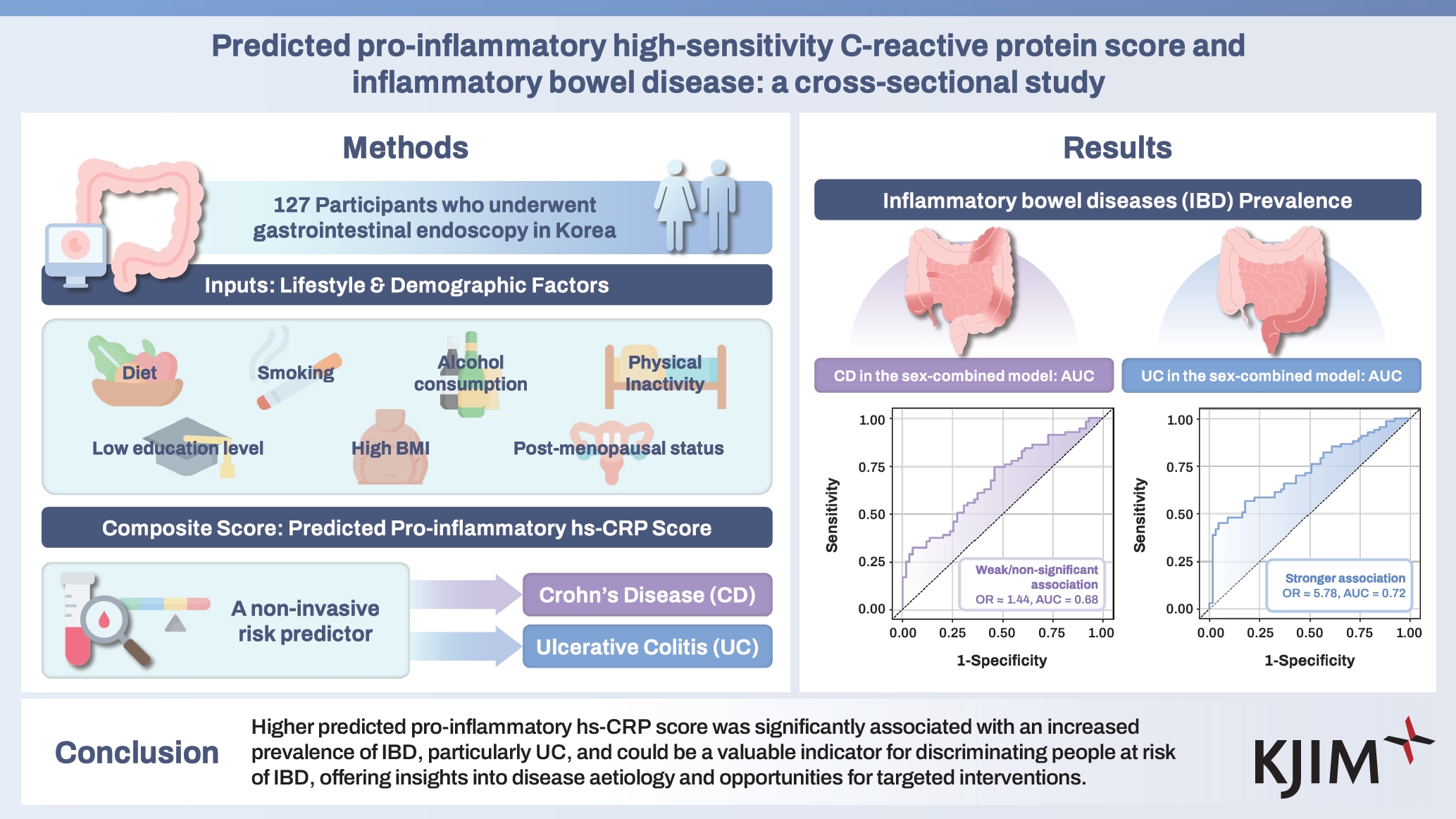1. Schirbel A, Fiocchi C. Inflammatory bowel disease: Established and evolving considerations on its etiopathogenesis and therapy. J Dig Dis 2010;11:266ŌĆō276.


2. Solberg IC, Lygren I, Jahnsen J, et al.; IBSEN Study Group. Clinical course during the first 10 years of ulcerative colitis: results from a population-based inception cohort (IBSEN Study). Scand J Gastroenterol 2009;44:431ŌĆō440.


3. Shanahan F. CrohnŌĆÖs disease. Lancet 2002;359:62ŌĆō69.


6. Ng SC, Shi HY, Hamidi N, et al. Worldwide incidence and prevalence of inflammatory bowel disease in the 21st century: a systematic review of population-based studies. Lancet 2017;390:2769ŌĆō2778.


7. Kuenzig ME, Fung SG, Marderfeld L, et al.; InsightScope Pediatric IBD Epidemiology Group. Twenty-first century trends in the global epidemiology of pediatric-onset inflammatory bowel disease: systematic review. Gastroenterology 2022;162:1147ŌĆō1159.e4.


8. Brand EC, Klaassen MAY, Gacesa R, et al.; Dutch TWIN-IBD consortium and the Dutch Initiative on Crohn and Colitis. Healthy cotwins share gut microbiome signatures with their inflammatory bowel disease twins and unrelated patients. Gastroenterology 2021;160:1970ŌĆō1985.

10. Kim ES, Tarassishin L, Eisele C, et al.; Mount Sinai Road to Prevention Study Group. Longitudinal changes in fecal calprotectin levels among pregnant women with and without inflammatory bowel disease and their babies. Gastroenterology 2021;160:1118ŌĆō1130.e3.


13. Levine A, Sigall Boneh R, Wine E. Evolving role of diet in the pathogenesis and treatment of inflammatory bowel diseases. Gut 2018;67:1726ŌĆō1738.


14. Chapman-Kiddell CA, Davies PS, Gillen L, Radford-Smith GL. Role of diet in the development of inflammatory bowel disease. Inflamm Bowel Dis 2010;16:137ŌĆō151.


15. Vermeire S, Van Assche G, Rutgeerts P. C-reactive protein as a marker for inflammatory bowel disease. Inflamm Bowel Dis 2004;10:661ŌĆō665.


16. Henriksen M, Jahnsen J, Lygren I, et al.; IBSEN Study Group. C-reactive protein: a predictive factor and marker of inflammation in inflammatory bowel disease. Results from a prospective population-based study. Gut 2008;57:1518ŌĆō1523.


18. Fedewa MV, Hathaway ED, Ward-Ritacco CL. Effect of exercise training on C reactive protein: a systematic review and meta-analysis of randomised and non-randomised controlled trials. Br J Sports Med 2017;51:670ŌĆō676.


19. Barbaresko J, Koch M, Schulze MB, N├Čthlings U. Dietary pattern analysis and biomarkers of low-grade inflammation: a systematic literature review. Nutr Rev 2013;71:511ŌĆō527.


20. Lu FB, Hu ED, Xu LM, et al. The relationship between obesity and the severity of non-alcoholic fatty liver disease: systematic review and meta-analysis. Expert Rev Gastroenterol Hepatol 2018;12:491ŌĆō502.


23. Passarella A, Grewal P, Vrabie R. Diagnosis and monitoring in inflammatory bowel disease: who, when, where, and how. In: Rajapakse R, ed. Inflammatory Bowel Disease. Clinical Gastroenterology. Cham: Humana, 2021:25-59.
25. Ainsworth BE, Haskell WL, Herrmann SD, et al. 2011 Compendium of Physical Activities: a second update of codes and MET values. Med Sci Sports Exerc 2011;43:1575ŌĆō1581.

26. WHO ExpertConsultation. Appropriate body-mass index for Asian populations and its implications for policy and intervention strategies. Lancet 2004;363:157ŌĆō163.


27. Hu FB, Rimm E, Smith-Warner SA, et al. Reproducibility and validity of dietary patterns assessed with a food-frequency questionnaire. Am J Clin Nutr 1999;69:243ŌĆō249.


28. Chung GE, Youn J, Kim YS, et al. Dietary patterns are associated with the prevalence of nonalcoholic fatty liver disease in Korean adults. Nutrition 2019;62:32ŌĆō38.


29. Unger T, Borghi C, Charchar F, et al. 2020 International Society of Hypertension Global Hypertension Practice Guidelines. Hypertension 2020;75:1334ŌĆō1357.


31. Health Examinees Study Group. The Health Examinees (HEXA) study: rationale, study design and baseline characteristics. Asian Pac J Cancer Prev 2015;16:1591ŌĆō1597.


32. Shivappa N, Hebert JR, Kivimaki M, Akbaraly T. Alternative Healthy Eating Index 2010, Dietary Inflammatory Index and risk of mortality: results from the Whitehall II cohort study and meta-analysis of previous Dietary Inflammatory Index and mortality studies. Br J Nutr 2017;118:210ŌĆō221.


34. Namazi N, Larijani B, Azadbakht L. Association between the dietary inflammatory index and the incidence of cancer: a systematic review and meta-analysis of prospective studies. Public Health 2018;164:148ŌĆō156.


36. Li D, Hao X, Li J, et al. Dose-response relation between dietary inflammatory index and human cancer risk: evidence from 44 epidemiologic studies involving 1,082,092 participants. Am J Clin Nutr 2018;107:371ŌĆō388.


39. Magro F, Magalh├Żes D, Patita M, et al.; GEDII. Subclinical persistent inflammation as risk factor for CrohnŌĆÖs disease progression: findings from a prospective real-world study of 2 years. Clin Gastroenterol Hepatol 2022;20:2059ŌĆō2073.e7.


40. Click B, Vargas EJ, Anderson AM, et al. Silent CrohnŌĆÖs disease: asymptomatic patients with elevated C-reactive protein are at risk for subsequent hospitalization. Inflamm Bowel Dis 2015;21:2254ŌĆō2261.

45. Liu Z, Liu R, Gao H, et al. Genetic architecture of the inflammatory bowel diseases across East Asian and European ancestries. Nat Genet 2023;55:796ŌĆō806.










 PDF Links
PDF Links PubReader
PubReader ePub Link
ePub Link Full text via DOI
Full text via DOI Download Citation
Download Citation Supplement table 1
Supplement table 1 Print
Print



